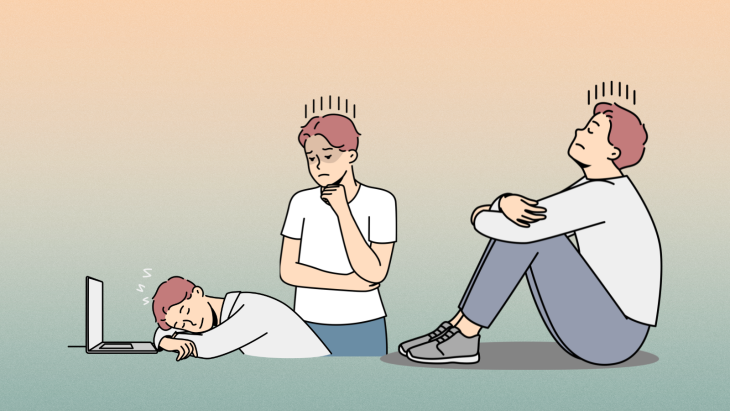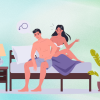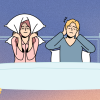Recent Posts
- I broke up with my partner, but now I am having doubts. Did I do it out of the right reasons or was I just being fearful?
- My Quick Temper Pushes People Away. What Do I Do To Manage My Anger?
- How does noise affect my mental health?
- I want to be a better problem solver. What is a step by step approach?
- Escapism. When is it healthy? When is it damaging?
Most Popular
Lonely, discouraged and burned out: Should life always be this way?

Lonely, discouraged and burned out: Should life always be this way?
For some, the world gets smaller and smaller, and loved ones and friends seem to be just one click or one call away. But for some, the world might feel to be an increasingly lonely place to live. People are indeed around, but they still feel separated, passed by and unheard.
Loneliness is becoming a more global issue, and studies show that it is indeed a common experience for adults 18 years old to over 70 years old. It happens when individuals perceive themselves to be detached from social connection, and it can happen even to those with apparently rich social circles. It is a feeling, and not literal social isolation.
Vast numbers of research show that loneliness is linked to numerous chronic illnesses such as diseases of the lungs, heart, blood vessels and metabolism disorders including obesity. Other major results of feeling lonely are mental health issues such as depression, stress, and anxiety.
How to recognize the signs and symptoms of loneliness
While it is true that some people feel content and happy when they are alone, others may have people around them and still feel socially disconnected. Recognizing what to look for is the first step in addressing loneliness.
Physical signs
- Getting sick more often.
- Feeling unwell most of the time.
- Increased number of doctor’s visits.
Emotional signs
- Feeling empty when alone.
- Feeling misunderstood by people close to you.
- Persistent negative thoughts about yourself leading to low self esteem.
- Feeling doubtful about your social skills even though you know what to do.
- Feeling more sensitive; may easily cry or burst out in anger
- Feeling hopeless and not caring about relationships
Behavioral signs
- Binge watching shows or increased social media use leading to lack of time to do other daily tasks
- Increased desire to go shopping as a way to avoid social interactions
- Increased use of addictive substances like alcohol or smoking
What to do to cope with loneliness
- Prioritize self-care behaviors
It is expected that your habits may have undergone some changes as signs and symptoms of loneliness crept in. Going back to the basics of a healthy lifestyle is one way to increase self-care and influence mental health.
Exercising is a great way to improve self esteem and a way to meet people.
Schedule your relaxation time. One way to relax is connecting with nature. Going outside and taking in the sun, fresh air and greenery around you can reduce feelings of worry. Going out to watch the sunset or going to a park for a relaxing walk also gives you a chance to have small and simple social interactions with others.
Pursue a hobby. What is it you enjoy doing? Is it painting, swimming, or playing tennis? Going out and doing what you love on a regular basis gives you the habit of meeting others.
- Connect and reach out.
At the heart of loneliness is the desire to feel connected, heard and appreciated. Giving yourself opportunities to reach out might be helpful.
Call a friend. The other friend on the line might be feeling the way you do, too and you can both benefit from the conversation. Or our friend might be pleasantly surprised by your call.
Join communities. It is understandable to be hesitant to meet groups of people when you're just starting to cope with your loneliness, but do it gradually. One slow way you can start is by going to a local coffee shop or mall with lots of people and just greet the staff you encounter. Go to that coffee shop routinely and start getting to know the people. A library with book clubs or a local church are also options.
Seek professional help.
A therapist or a counselor can work with you in sorting out your feelings and both of you can develop a plan of action to connect with your social circle.
We all feel sad from time to time and it is okay. If you feel that loneliness stops you from enjoying your life more, there is help available so you can figure out how to be more connected, more seen, and live your life with joy.







Comments